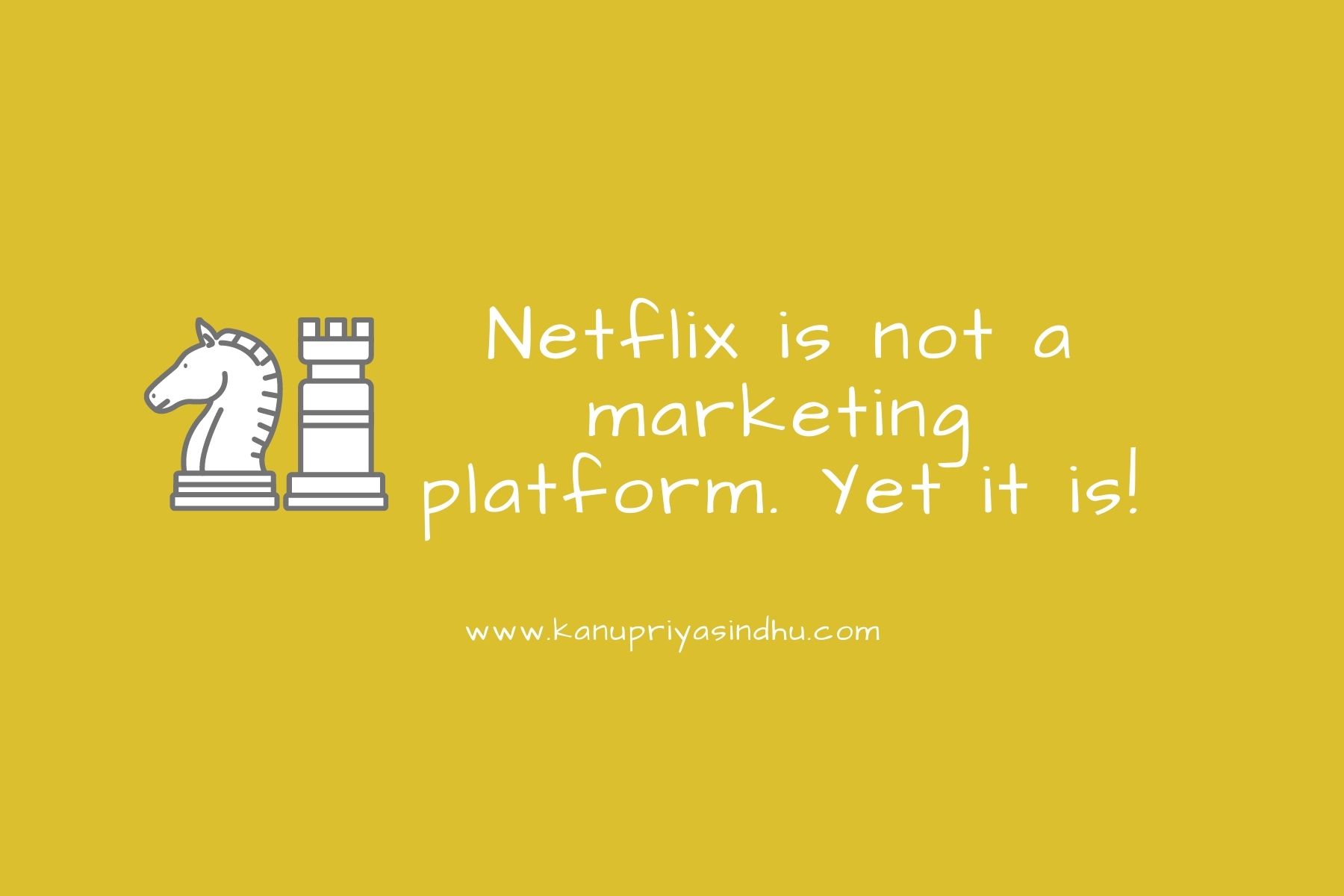I have recently written a post on Word of Mouth Marketing at pluggd.in
Excerpt from the post: “Word of mouth” marketing is an age old concept now and from bigger organizations to start ups, almost everybody wants to take this free marketing path. While some think that WOM is something which will happen on its own, some go ahead & incentivize their customers to spread the word and then there are some who take extreme steps of contracting paid outsourced help to create positive word of mouth for their brands. Despite this being “known-by-all” concept, how many startups are there who genuinely have been focusing on this free marketing route and targeting the consumers who can be influencers for fresh leads? Read more on “WOMM – The Evergreen Strategy for Free Marketing” at pluggd.in
As far as understating this concept is concerned, Word of Mouth undoubtedly seems to be one of the simplest marketing terms but when it comes to execution, this is one of the trickiest of the lots. See these for e.g.,
- A popular networking site bombarding by sending emails through dummy user ids with following subject & content:
- Subject: I’ve never seen anything like this before!
- Excerpt from the email content: I came across this recently and since then, I’ve met some pretty interesting people and think you must try this out too. This is really good and different, just click this link and be my friend.
Well, frankly speaking one does not care a bit for any new networking site which asks you to join only because you can make friends with interesting people there! At the first look itself this mail looks just so artificial.
- A newly launched e-commerce site sending the following message in your Facebook account again through dummy user profiles:
- Hey there! I have been using thisxyz.com and I find it to be pretty good site for all your online book shopping needs. Collection of books there is just so great and you get some amazing discounts too. All you have to do is register and start your shopping now.
I actually landed on this site esp. because it mentioned about a good collection of books and it didn’t take me more than a second to realize that it was just another sham message, an effort by some newbie to spread the positive word without even having the basics in place. Forget the discount, the collection itself was pathetic. Even very popular books were not available and the search as well as browse functionalities were just too hopeless. Yes, the message managed to get me there, but only once. The experience was sad enough to ensure that I don’t go back there again, more so when I’ve multiple other options available.
In an effort of spreading the positive message amongst the crowd, most of the companies actually forget that word of mouth can only be encouraged and not forced; it can only be facilitated and not faked. Owe it to the simplicity (at least the presumed simplicity) of implementation, most marketers just jump on to it without realizing the repercussion of over-doing it or doing it the sham way. Today’s consumers are smart enough to smell the scam and if they do, then such unnatural messages actually backfire and tarnish the image of the brand instead of building it further. Even though the word “marketing” is attached to this term, still word of mouth marketing is not about creating the word on your own, it is marketing the word created by your consumers; more importantly it is about providing reasons to your consumers (either through your product or service) to speak up and then utilizing this buzz within your marketing framework.
Note: Like my experience with Flipkart, do you have similar experiences with any Indian or International brand where you’ve been so impressed that you’ve created the WOM for it on your own? Would love to hear your anecdotes here.






Recent Comments